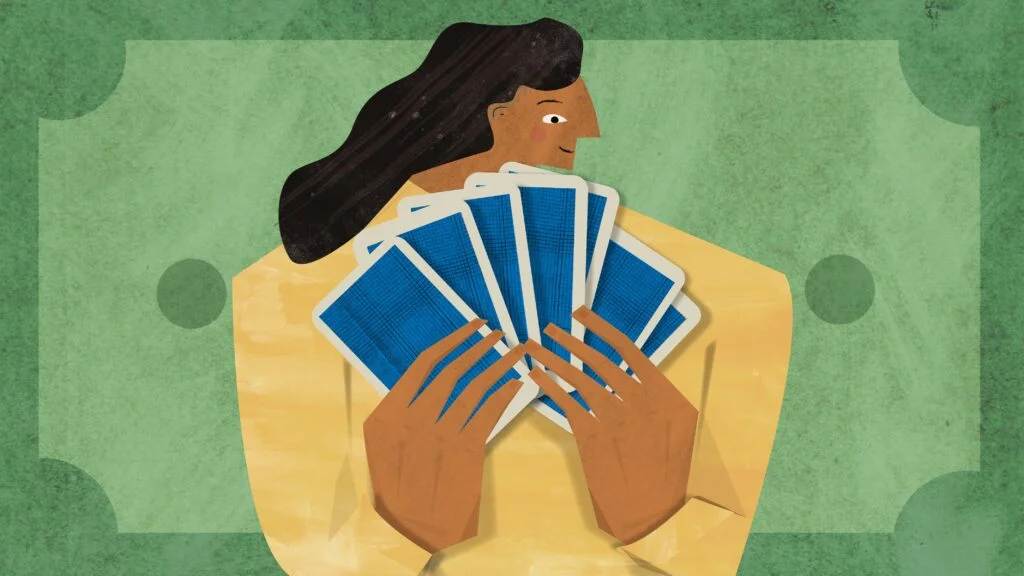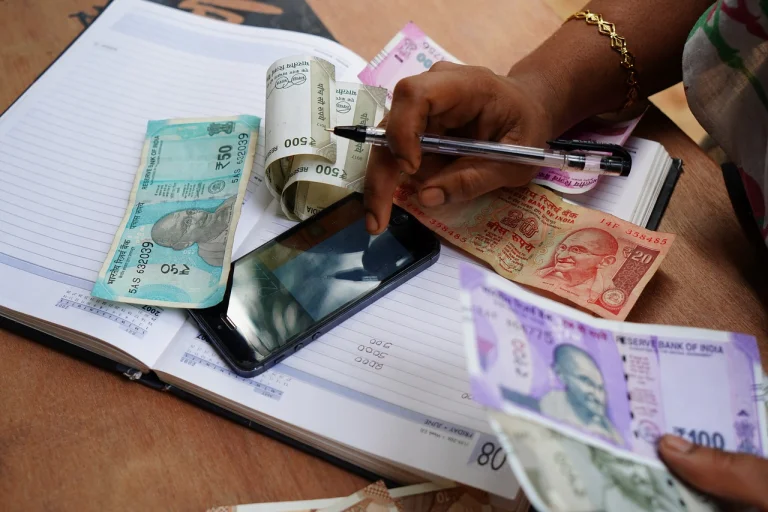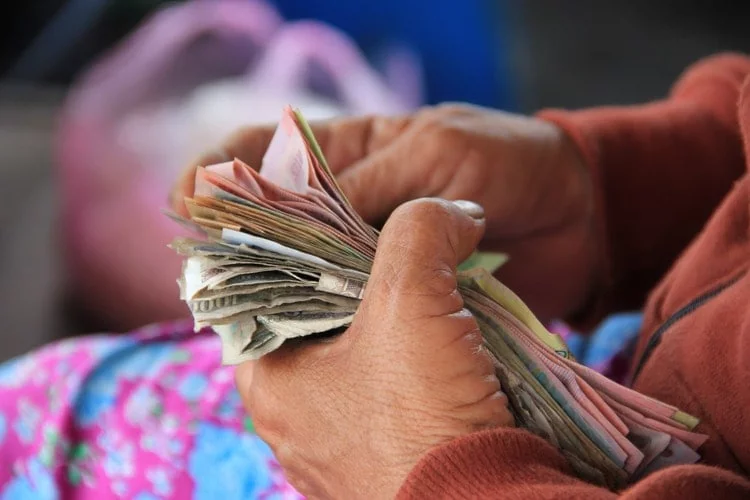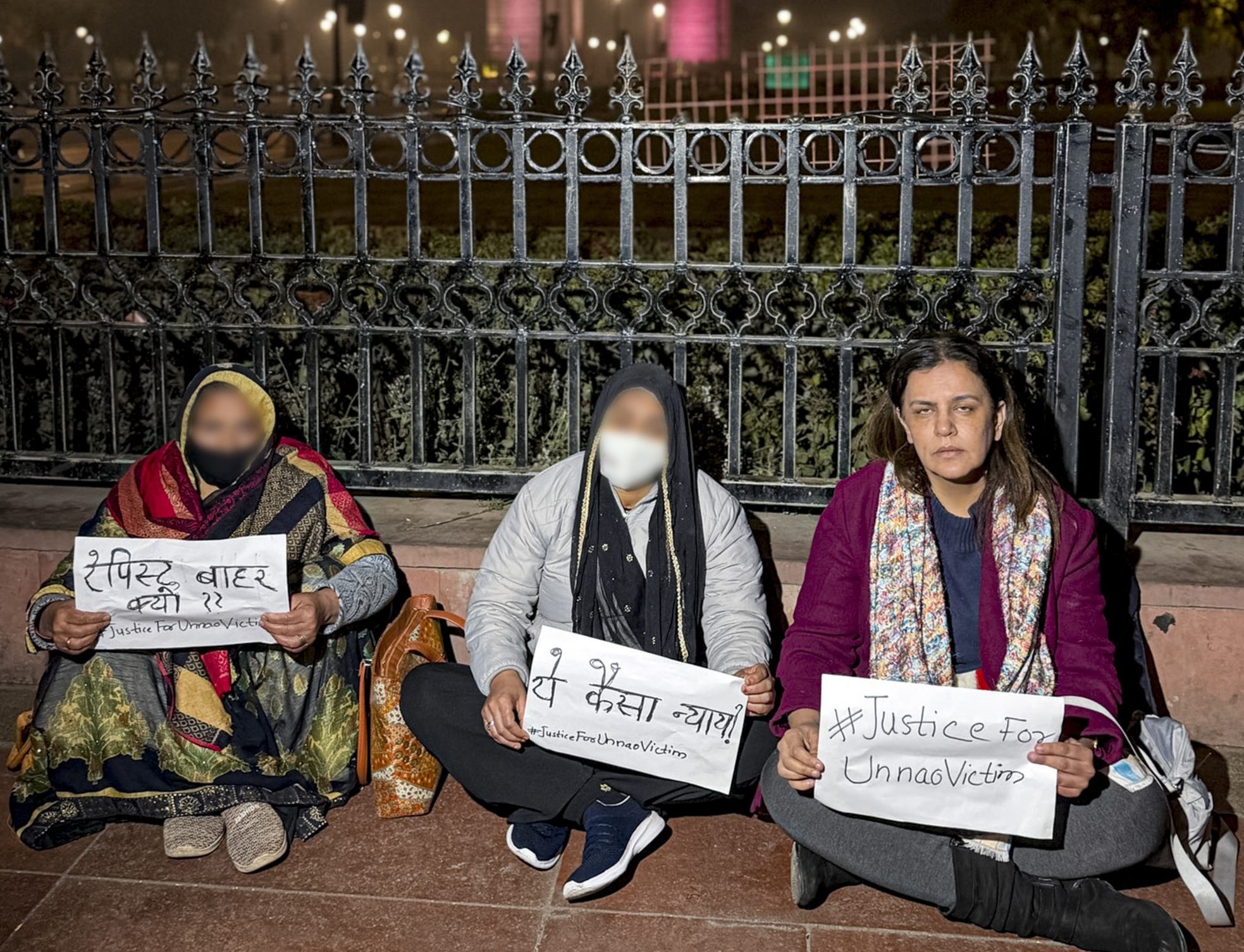A post-script of a Supreme Court ruling on 10th July 2024, emphasised that Indian men must financially empower their homemaker wives, referring to Section 125 CrPC. As a practice that has survived ages, where the “housewife” is financially supported by her husband, why is there a need to highlight this in the courts? Plus, what is the new talk of the town where homemakers are now being called “gold diggers” for relying on their husband’s money?
The source of the SC post-script
A ruling came following a petition by Mohd Abdul Samad, who was directed by the Telangana High Court to pay his divorced wife an interim maintenance of ₹10,000, previously ₹20,000. He argued for the Muslim Women (Protection of Rights on Divorce) Act, 1986, to take precedence over Section 125 in his case of “triple talaq” from his wife.
A ruling came following a petition by Mohd Abdul Samad, who was directed by the Telangana High Court to pay his divorced wife an interim maintenance of ₹10,000, previously ₹20,000.
At the Supreme Court, a bench of Justices BV Nagarathna and Augustine George Masih ruled that divorced Muslim women have the right to seek maintenance from their ex-husband, upholding the importance of secular law in our country.
The judgement said, ‘There cannot be disparity in receiving maintenance on the basis of the law under which a woman is married or divorced. The same cannot be a basis for discriminating a divorced woman entitled to maintenance as per the conditions stipulated under Section 125 of the CrPC or any personal or other law such as the 1986 Act.’
The traditional Indian way of life: the homemakers and the breadwinners
Looking inside a typical Indian home, according to conventional gender roles, a homemaker runs the show and takes care of the family day in, day out. The husband is typically the breadwinner financing the show, along with managing the money. There are some cases where the woman leads the money management as well.
It ideally should be a balance, an equal partnership, with a spouse choosing to take care of chores inside the house, and another spouse choosing to go outside. It is a team effort between the couple, and the family, by extension. Now, of course, this is an ideal case scenario.
With women empowering themselves, studying more, and becoming independent, these old traditions are shifting. Some families now look for working women to marry their sons to, reflecting progressive thoughts in our society. With money in their hands, comes more freedom in their lives.
‘But what is the position of a married woman who is often referred to as a “homemaker” and who does not have an independent source of income whatsoever, and is totally dependent for her financial resources on her husband and on his family?
Justice BV Nagarathna
‘In the case of a woman who has an independent source of income, she may be financially endowed and may not be totally dependent on her husband and his family. But what is the position of a married woman who is often referred to as a “homemaker” and who does not have an independent source of income whatsoever, and is totally dependent for her financial resources on her husband and on his family?’ said Justice BV Nagarathna.
The patriarchal phenomenon
Oftentimes, there is a power imbalance. The man of the house is in charge of the money, and all the major decisions. He is expected to control everything around the place. This comes with an orthodox patriarchal mindset, which might also be reflected in the treatment of their wives. Are the women respected as equals here, or are they seen in a constant role of servitude through unpaid domestic labour?
If it is the latter, withholding money as part of the control is very common. This manifests in either not allowing the wife to have a career, which many women accept voluntarily, or by simply marrying a woman who likes taking care of the home and doesn’t want a career.
Women’s vulnerabilities in their matrimonial homes as homemakers
A homemaker is the backbone of a well-functioning home, hence directly contributing to better health of the breadwinners, and impacting economic growth.
‘Services and sacrifices of homemakers for the economic well of the family and the economy of the nation remain uncompensated in large sections of society,’ the bench said. Without a career and access to her own money, a woman is often left vulnerable to financial and domestic abuse.
‘Both ‘financial security’ as well as ‘security of residence’ of Indian women have to be protected and enhanced…that would truly empower such Indian women who are referred to as ‘homemakers’ and who are the strength and backbone of an Indian family, which is the fundamental unit of Indian society that has to be maintained and strengthened,’ she affirmed.
Without a career and access to her own money, a woman is often left vulnerable to financial and domestic abuse.
‘It goes without saying that a stable family which is emotionally connected and secure gives stability to the society for, it is within the family that precious values of life are learnt and built. It is these moral and ethical values which are inherited by a succeeding generation which would go a long way in building a strong Indian society which is the need of the hour. It is needless to observe that a strong Indian family and society would ultimately lead to a stronger nation. But, for that to happen, women in the family have to be respected and empowered!’, the bench asserted.
Money management or financial abuse?
Money is power in this capitalistic world. How you perceive that power, or a lack thereof, is quite crucial. A lack of financial power leaves homemakers quite vulnerable. The one-woman show that empowers a household should be the last place to have no money. There is an undeniable power imbalance if there is a lack of acknowledgement and respect towards a woman’s daily household contribution.
The homemaker must have access to resources that make her duties easier, while also taking care of her personal expenses without feeling like a financial burden. A lack of money, pressure from society, and miscellaneous reasons may keep women stuck helplessly in such places.
If the lady asks her husband for money that doesn’t fall under the household maintenance category, she may be questioned or outright denied. Is it healthy? Or is she a gold digger?
Who is a “gold digger”, really?
Is it the woman who looks for a financially stable man while getting married, who is then denied money for personal expenses? Or is it the same “financially stable man” who takes dowry from the bride’s family, and then controls the money?
Yes, dowry is illegal, but still prevalent in ways we all know. Wrapped as shiny gifts and taped by the financial strains of the bride’s family. So why is the woman, who brings hard-earned riches into her new family, denied to have her personal expenses taken care of?
The husband’s role towards the wife and homemaker
Apart from the love and support expected from a partner in a new home, a husband is to understand a simple truth. If the wife does not have a source of income while being a homemaker, there is a financial gap to be addressed.
‘Most married men in India do not realise this… Some husbands are not conscious of the fact that the wife is dependant on them not only emotionally but also financially,’
Justice BV Nagarathna
‘Most married men in India do not realise this… Some husbands are not conscious of the fact that the wife is dependant on them not only emotionally but also financially,’ Justice Nagarathna said.
‘On the other hand, a wife who is referred to as a homemaker is working throughout the day for the welfare of the family without expecting anything in return except possibly love and affection, a sense of comfort and respect from her husband and his family which are towards her emotional security. This may also be lacking in certain households,’ she added.
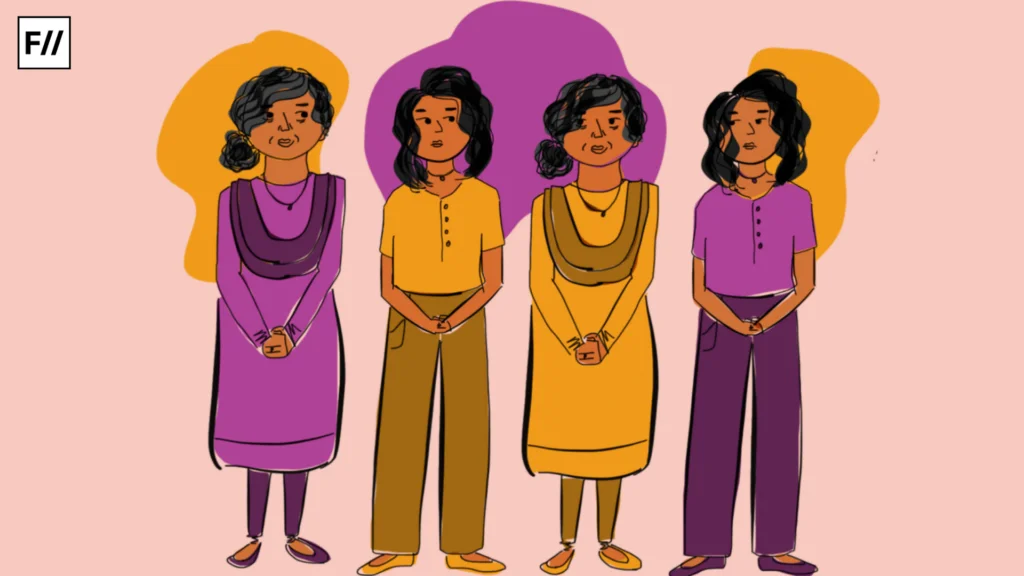
Homemakers come into a new family, taking up all the responsibilities they need to fulfil. It takes time for them to get settled in, and learn the functioning of the place and the people. Already overwhelmed, the husbands are their sole medium to look for support.
‘An Indian married man must become conscious of the fact that he would have to financially empower and provide for his wife, who does not have an independent source of income, by making available financial resources, particularly towards her personal needs; in other words, giving access to his financial resources. Such financial empowerment would place such a vulnerable wife in a more secure position in the family.’ Justice Nagarathna remarked.
‘Those Indian married men who are conscious of this aspect and who make available their financial resources for their spouse towards their personal expenses, apart from household expenditure, possibly by having a joint bank account or via an ATM card, must be acknowledged,’ Justice Nagarathna said.
Maintenance, not charity
Nagarathna further added, ‘this court would not countenance unjust or Faustian bargains being imposed on women. The emphasis is on sufficient maintenance, not minimal amount. After all, maintenance is a facet of gender parity and enabler of equality, not charity.’
There are many Indian men and families who recognise this simple truth and are making conscious efforts to be supportive. Women are being empowered by the much-needed acknowledgement, respect, and financial support. Ideologies of autonomy and independence are also influencing women to be self-sufficient, which is refreshing.

As traditional India transforms into a modern one, there is a dire need to address financial gaps for homemakers. The world won’t stop being capitalist, the people need to start being more empathetic and aware. In the end, empowering our women is empowering our nation.
About the author(s)
Forget textbooks, Mrudavi got hooked on writing through her childhood obsession with fiction novels. Now, she tells engaging stories that address real-world topics with a touch of her experiences. When the writing bug takes a break, Mrudavi can be found curled up with a good book or with her favourite people, fueling her imagination with endless cups of iced lattes.

